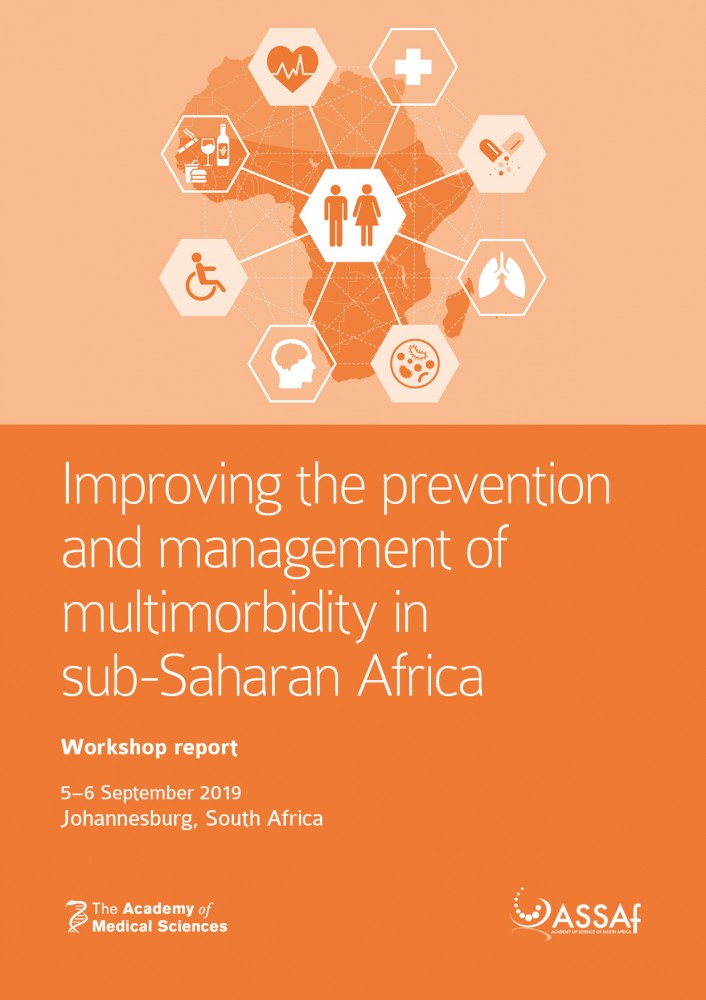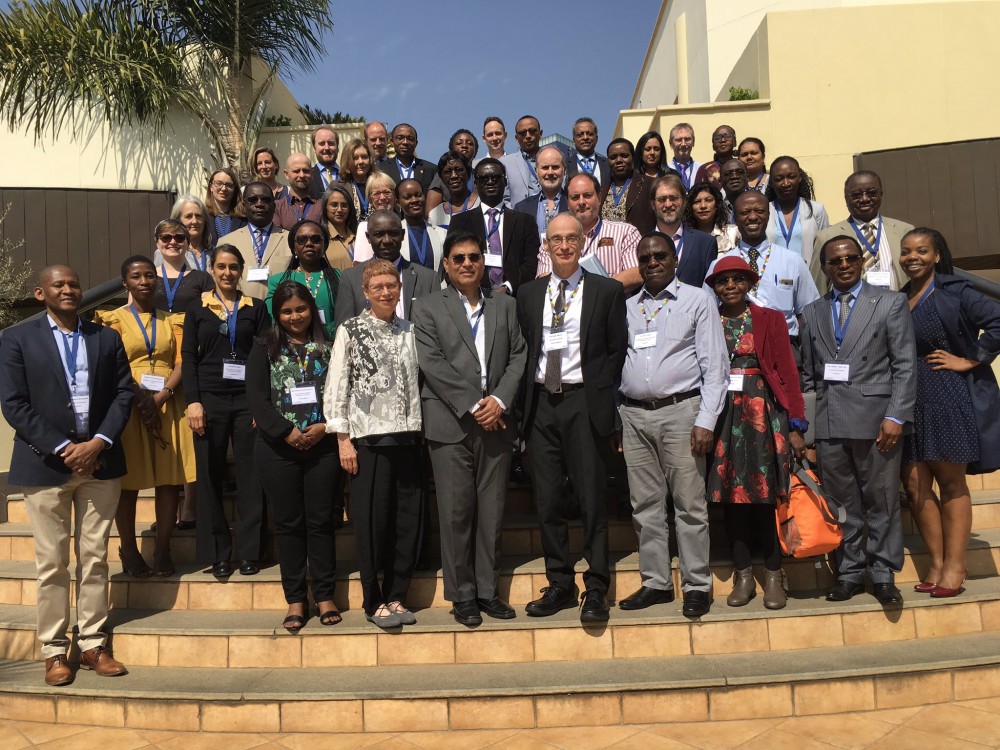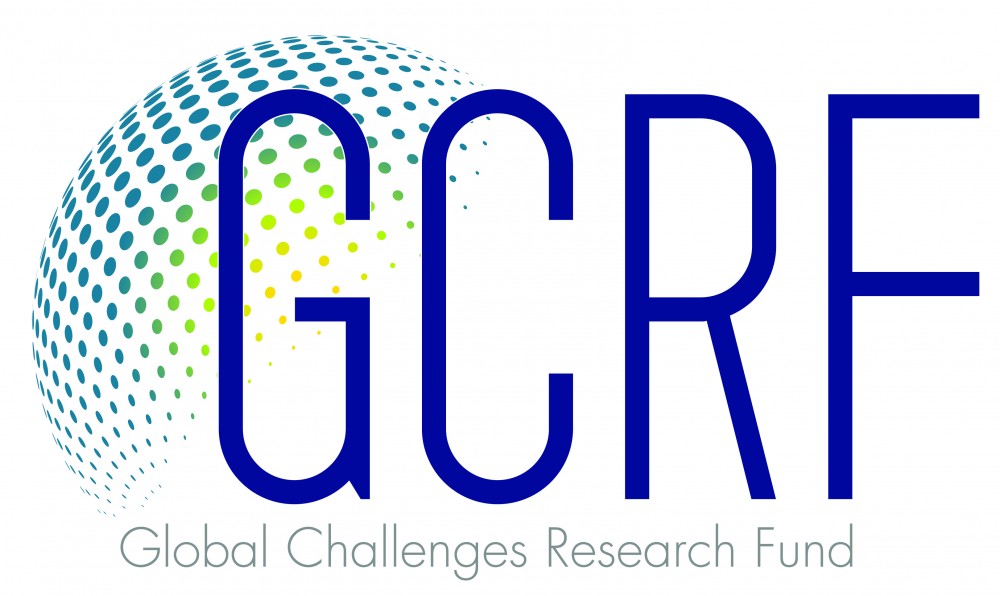The Academy of Medical Sciences and Academy of Sciences South Africa (ASSAF) convened a policy workshop on the prevention and management of multimorbidity in sub-Saharan Africa in Johannesburg on the 5-6 September 2019.
Status: CompletedImproving the prevention and management of multimorbidity in sub-Saharan Africa
This two-day workshop on the 5-6 September 2019 in Johannesburg, chaired by Professor Alan Silman FMedSci and Professor Karen Hofman, facilitated discussions around improving the prevention and management of multimorbidity in sub-Saharan Africa.
 A meeting report was produced and disseminated to UK and stakeholders in the region. This report outlines the proposed short- and long- term actions to improve the prevention and management of multimorbidity in sub-Saharan Africa.
A meeting report was produced and disseminated to UK and stakeholders in the region. This report outlines the proposed short- and long- term actions to improve the prevention and management of multimorbidity in sub-Saharan Africa.
The report can be downloaded from the downloads tab on the right hand side of this page.

Studies show that multimorbidity is more common in older people, women and those who come from poorer backgrounds. However, it’s not just a problem for these groups – people across all ages and backgrounds can develop multimorbidity. Patients suffering from more than one medical condition are at greater risk of disability and dying early, and also have a lower quality of life. Multimorbidity also affects the quality of life of the families and carers of patients affected. It can put a strain on overworked doctors and a financial burden on healthcare systems.
Multimorbidity is considered to be on the rise, in part because more people are living longer than ever before, although other causes are likely to be involved as well. Some clusters of medical conditions are more common than others. There is evidence that people who have both a mental and physical health condition do worse than those who just have physical health problems.
While it is generally accepted that multimorbidity is an increasing global health challenge, there remain massive gaps in our knowledge. There is very little information about how many people - and which types of people - suffer from multimorbidity, which medical conditions occur together most commonly, and the toll that multimorbidity has on everyone’s health. There are big gaps in our understanding of how to prevent and treat multimorbidity, and how health systems across the world can best respond.
In April 2018, the Academy of Medical Sciences published a strategic agenda outlining six key priorities for research on multimorbidity, covering aspects from epidemiology, impact, causes, prevention, treatment and management. A follow-up workshop, held jointly with the MRC (now part of UK Research and Innovation), the National Institute for Health Research (NIHR), and Wellcome, brought together representatives from funding agencies, researchers from high- as well as low- and-middle income countries (HICs and LMICs, respectively), and policymakers.
To start taking multimorbidity out of the ‘too difficult’ box, the Academy has published a website hub to share helpful resources relevant to research on the global health challenge of multimorbidity.
A key challenge area that was identified during these meetings, relevant for low and middle income settings, was around the prevention and management of multimorbidity. There was a focus on the best ways to prevent patients developing multimorbidity, and whether this requires different approaches to just preventing individual conditions as well as how to organise healthcare systems to deal with multimorbidity more effectively and how best to use digital technology in caring for patients.
Click here to find out more about our previous GCRF workshops and read the workshop reports.

This workshop is funded by the Global Challenges Research Fund that aims to support cutting-edge research that addresses the challenges faced by developing countries. Visit our GCRF webpage to read more about the fund.
Key contacts
Elizabeth Bohm
Head of International
Tel: –
View staff bio